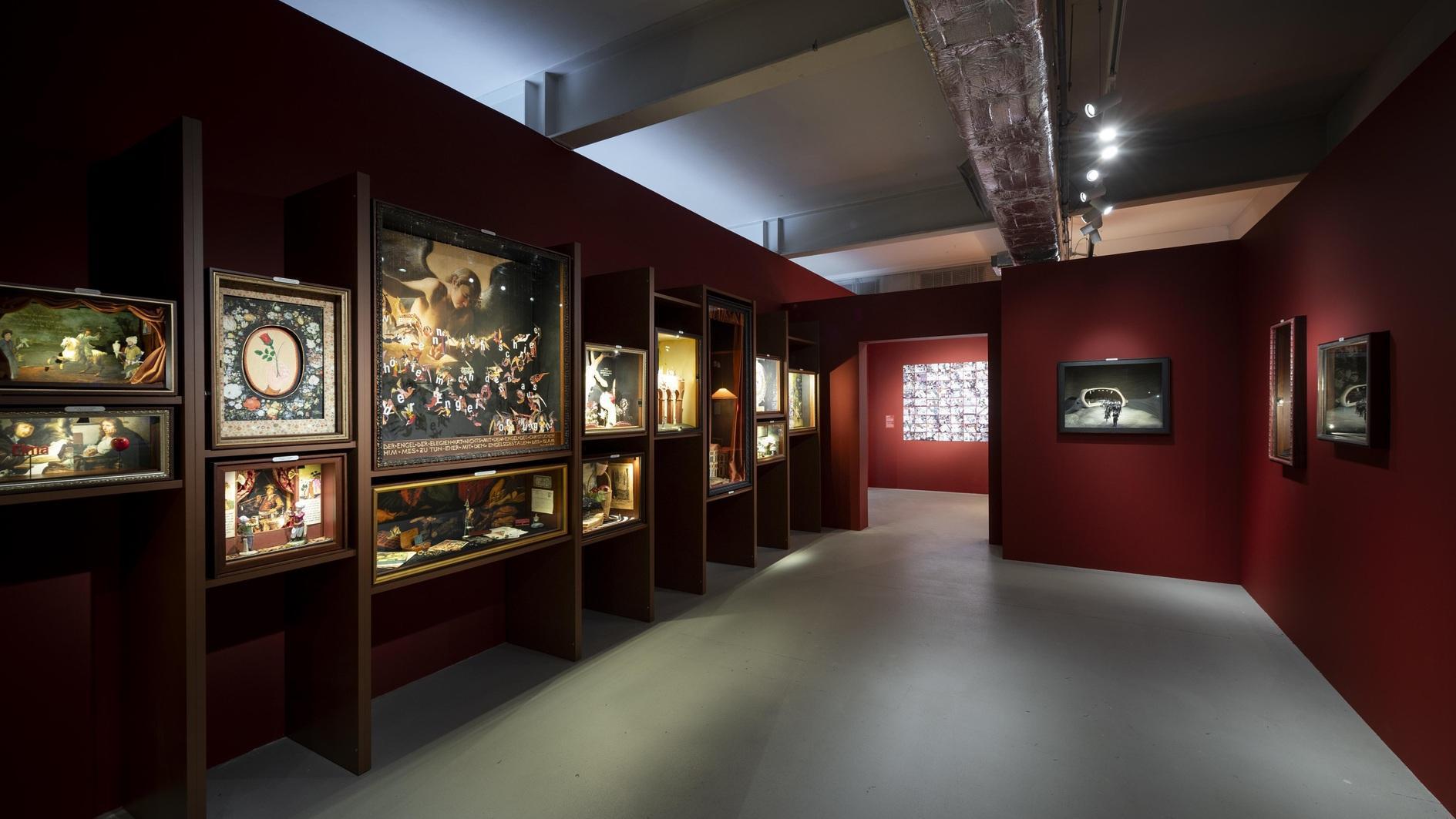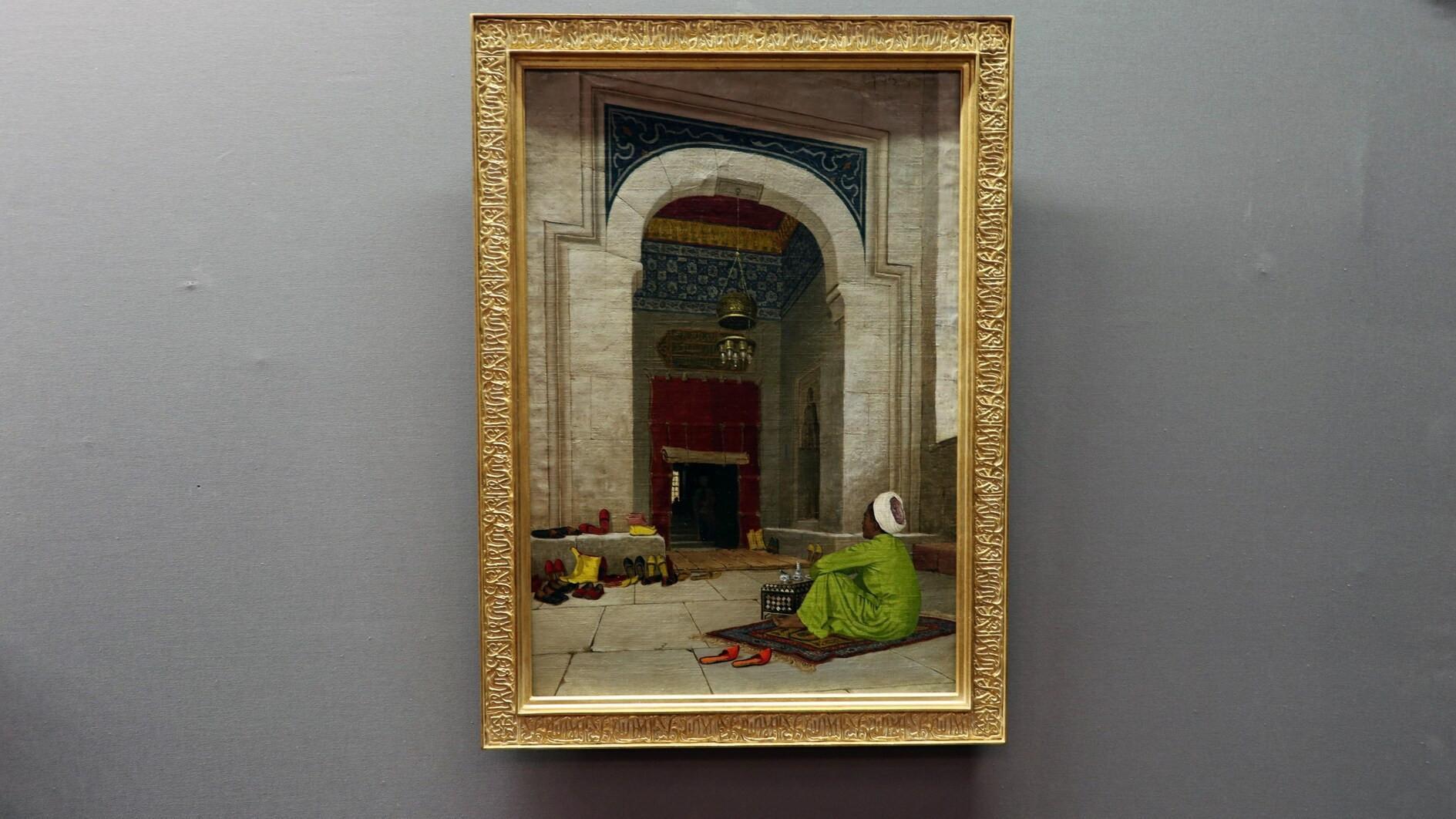It is about freedom, not scarves
Last Thursday, a historic session took place in the Turkish parliament. The extraordinary thing was that four female deputies from the governing AKP (Justice and Development Party) walked into the general assembly with their hair covered with the Islamic scarf. And I, like many others, applauded this as one of the signs of the advance of freedom in the Republic of Turkey.
Here is why. Freedom, for me, implies the right of every individual to live according to his or her own values and decisions, without being coerced by the state, society and other individuals. A woman, for example, must be able to choose what she will wear. She can choose to wear a revealing blouse and a miniskirt, or she can choose to wear a very conservative dress, even an all-covering burqa. No one has the right to force her to change her way of life, even with the intention of “saving” her from a presumed false consciousness – as the Afghan Taliban, or the French secularists, do in their very opposite but similarly authoritarian ways.
Since Turkey’s self-styled “secularism” (laiklik) is imported from the zealously anti-clerical Third Republic of France, and has been turned even more authoritarian under the Kemalist paradigm, it has never shown full respect to freedom. Quite the contrary, Turkish secularism has always been about banning something – such as Sufi orders, religious schools, and the Islamic headscarf. The latter, especially, has been the target of secularist zeal, as millions of veiled Turkish women have been denied access for decades to all schools and public jobs. That is why quite a few of them migrated to the West to find freedom.
Turkish secularists, some of whom were in uniform, justified this apartheid-a-la-turca by promoting the idea of a “secular public square.” However, just like the vision of those who promote a sacred public square, this was grossly authoritarian and discriminatory. Rather, we needed a free and democratic public square in which citizens of all persuasions and lifestyles could co-exist.
The demise of this authoritarian secularism has been possible only in the past few years, and only with the overthrowing of the bureaucratic elite which used to impose the Kemalist ideology on the parliament. (A more blunt way of putting this would be to say that the headscarf is today free because some of the generals who hated it are in jail.)
It would be much better, of course, had the Kemalists acknowledged their mistakes and voiced them out loud, which could allow a historic reconciliation between them and the religious conservatives. There are indeed some commendable voices which offer such a mea culpa. One example is a recent piece in the Hürriyet Daily News by Belgin Akaltan: “Confessions of a white Turk.” It is a very honest, humble, admirable self-critique.
However many “white Turks” still don’t get it. They still resent the factions of society that deviate from “the ideal citizen” that Kemalist ideology defined and imposed. They still believe that Kemalism declined only due to these “traitors” and their foreign co-conspirators.
The main opposition CHP (Republican People’s Party) is still under the influence of this archaic Kemalist line, more than the “social democracy” ideal it supposedly promotes. That is why most CHP deputies were still uneasy last week when covered deputies walked in to the parliament. They certainly proved less aggressive than in the past, but not liberal enough to offer hope for the future.











